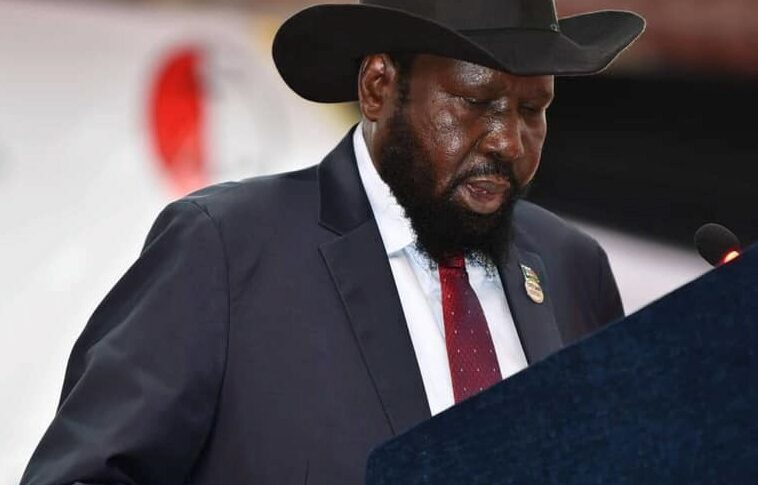Regional
Negative role of media in genocide against the Tutsi still alive
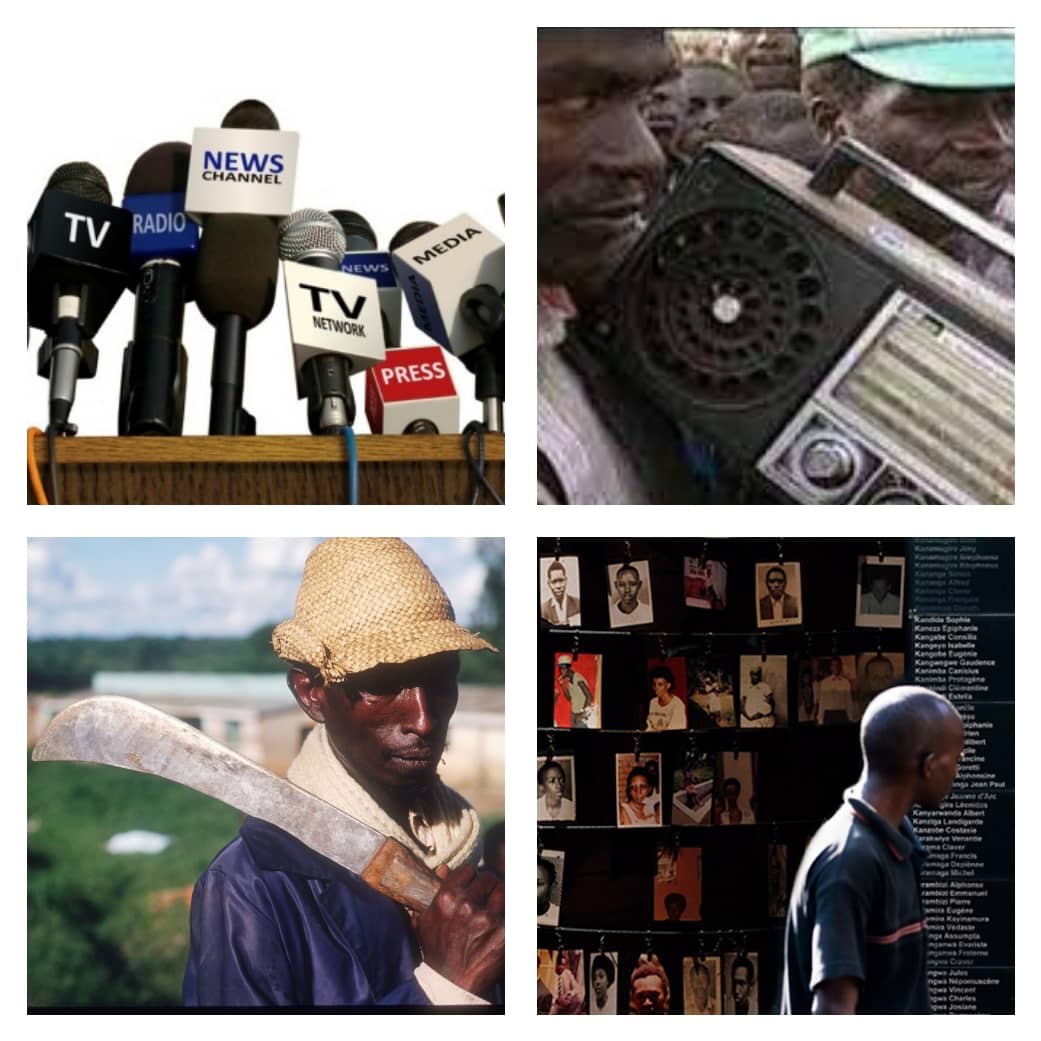
The role of the media in the incitement of people to commit the
1994 genocide against the Tutsi in Rwanda was central to a case before the
International Criminal Tribunal for Rwanda (ICTR) that began in October 2000.
The tribunal was tasked with prosecuting high level perpetrators
and the masterminds of the genocide against the Tutsi. The defendants in what
was known as the Media Case included RTLM co-founder, Ferdinand Nahimana, its
executive, Jean-Bosco Barayagwiza and Kangura founder
and editor, Hassan Ngeze.
In
2003, the three were convicted of genocide, incitement to commit genocide, and
persecution using radio broadcasts and newspaper articles as a crime against
humanity. Nahimana and Ngeze were sentenced to life imprisonment
while Barayagwiza was sentenced to 35 years imprisonment.
The
Media Case set a precedent. It held media executives accountable for inciting
genocide regardless of other factors that may have influenced the
perpetrators. Legal scholars suggested that the judgement would
have a significant impact on future cases of incitement to genocide.
Almost
two decades later, when Rwanda is commemorating, for the 28th time,
the 1994 genocide against the Tutsi, both mainstream and social media are still
being used as weapons to deny the genocide against the Tutsi and for spreading
genocide ideology. Media is used to
rewrite the history of genocide by turning the suspects and killers into heroes
while those who stopped the genocide are blamed for committing genocide.
Genocide
suspects hiding in countries all over the world have found supporters
especially in western capitals who include news editors, authors, scholars and
the so-called human rights defenders. The genocide suspects as well as their
supporters easily get space in international media with the aim of changing the
narrative on the genocide against the Tutsi in Rwanda.
Social
media platforms, especially YouTube, and online free to air radio channels are
used in genocide denial as well as spreading hate propaganda. Although many may
believe that the genocide against the Tutsi ended in 1994, genocide scholars say
that genocide takes place in stages and, as such, the genocide against the
Tutsi in Rwanda is not yet over.
Gregory H Stanton, President
of Genocide
Watch explained
the 10 stages of genocide.
At the moment, those who committed the genocide
against the Tutsi in Rwanda are in the phase of genocide denial which is the
last stage. Genocide scholars say that at each of the earlier stages there was
an opportunity for the International Community to halt and stop genocide before
it happened but they did not. Today, genocide denial is taking place mainly
using media outlets and book publications.
In
1995, former non-resident British ambassador to Rwanda Edward Clay revealed
what a country like Britain and probably all Western countries were not
interested in intervening in Rwanda to stop the genocide against the Tutsi.
“Rwanda was the classic small country far away
of which we knew and wished to know nothing ... The country was poor,
overcrowded, French speaking and offered no obvious attractions to us,” said
the British ambassador, summing up the UK’s attitude and probably that of the entire
Western world towards Rwanda before the genocide.
This kind of attitude towards Rwanda still
prevails in the West. The more than one million Rwandan lives lost in 100 days
of the genocide matter less. Therefore,
as Rwandans were able to stop the genocide on their own when the international
community looked away, they should also be on the forefront of fighting the media war that still
carries on the agenda to complete the genocide against the Tutsi.
Ironically, Western media, scholars and “human
rights defenders” who were silent when the genocide was taking place in Rwanda
in 1994 are the ones very active now shielding genocide perpetrators to evade
justice by denying their role in genocide. The role that was started by local
media in Rwanda in 1994, is now carried forward by foreign international and
social media spaces.
Once again, the Rwandan people are being
abandoned and failed by the international community.
In a
2000
report, the
Organisation of African Unity suggested that the international community should
have moved to address the hate propaganda before the massacres started. It
should have recognised the RTLM broadcasts as an essential part of the
preparation for the genocide.
The failure, again, to act on hate speech and genocide denial by Western
media and social media platforms is a serious concern to Rwandans, as they
commemorate the genocide against the Tutsi.


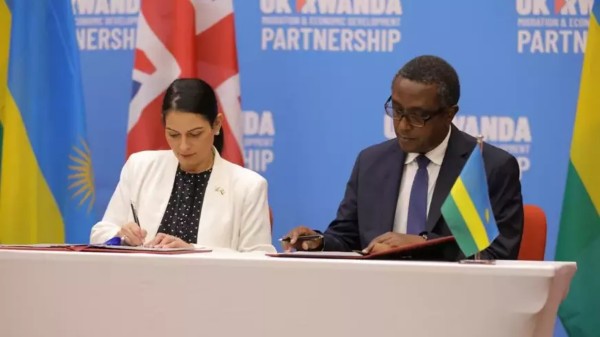
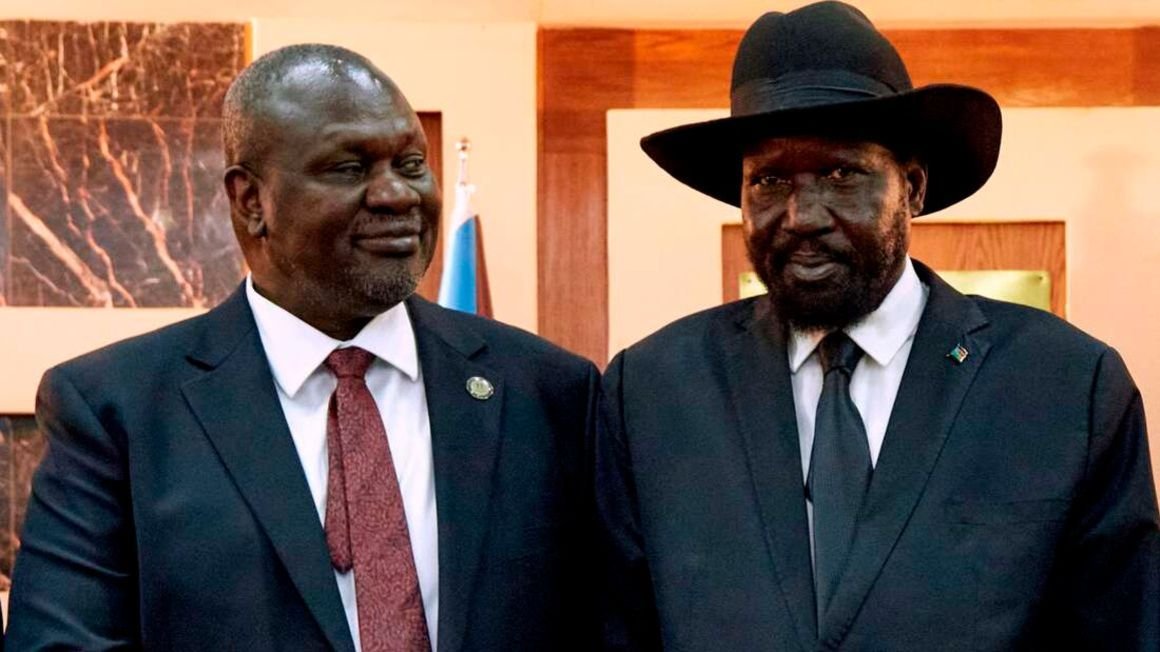
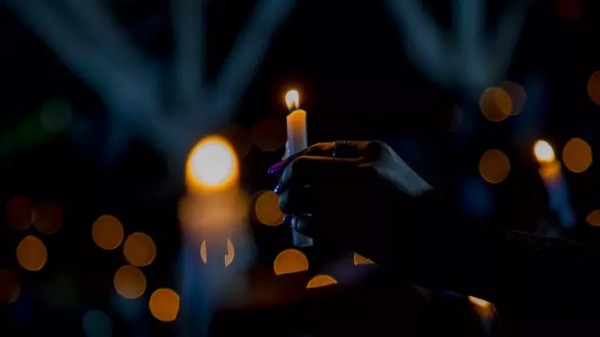
.jpg-20220413082248000000.jpg)
